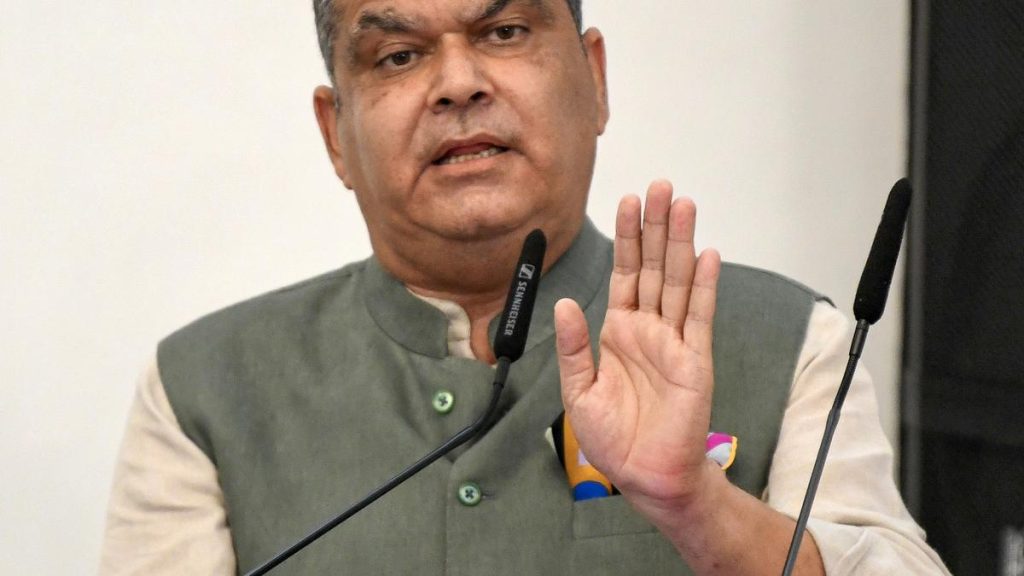Now Reading: Survey Highlights Income Security Concerns Among Gig Workers
-
01
Survey Highlights Income Security Concerns Among Gig Workers
Survey Highlights Income Security Concerns Among Gig Workers

Swift Summary
- Survey Report: The Telangana Gig and Platform Workers Union (TGPWU) released the “Impact Evaluation report 2024,” based on input from workers across ride-hailing, delivery, and service platforms.
- Key Concerns:
– Low base fares identified as a concern by 84.38% of respondents.
– Changes to incentive structures cited by 34%, noting reduced or discontinued bonuses.- ID blocking adversely impacted income for over 26%.
- Income Stability & Social Security:
– 12.5% of workers raised issues about lack of social security benefits like ESI, PF, and accident coverage.
- Workplace Issues:
– Dignity at work noted by 5.73%.
– Long hours (up to 12 hours) reported by 3.65%.
– Insufficient bookings seen as a challenge for nearly 4.69%.
- Union Statement: Founder President Shaik Salauddin highlighted ongoing efforts for worker recognition and protection.
Indian Opinion Analysis
The findings from the TGPWU’s survey underscore systemic challenges faced by gig workers despite their growing importance in India’s digital economy. With low fares impacting income stability, reduced incentives eroding trust in platforms’ reward mechanisms, and frequent ID blocks creating additional vulnerabilities, these concerns highlight the urgent need for regulatory interventions that balance platform profitability with worker welfare.
Even though companies classify gig workers as autonomous contractors to avoid offering social security benefits under customary labour frameworks, demands from surveyed respondents for schemes like PF or ESI clarify a pressing call for inclusivity in India’s labor laws as gig work becomes mainstream.
Issues such as dignity at work and long working hours also point toward the evolving debate about fair treatment within informal employment structures – an area needing deeper engagement between gig platforms, workers’ unions, policymakers, and civil society groups.
Given india’s commitment to boosting its digital economy via such platforms, this report is likely to fuel conversations around equitable protections while addressing operational issues afflicting millions reliant on these jobs.
Read more at Indian Opinion.

























